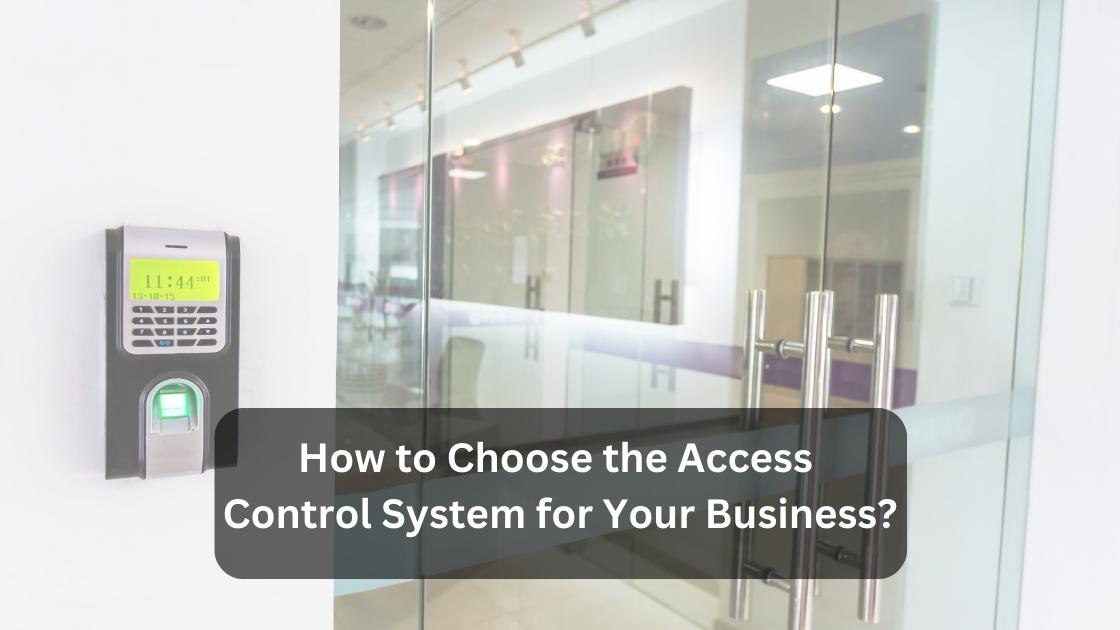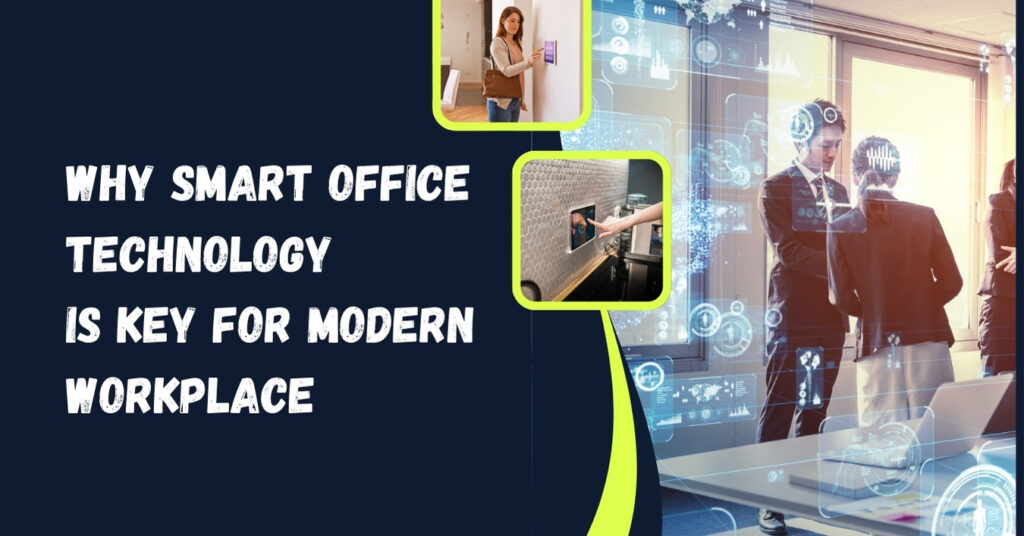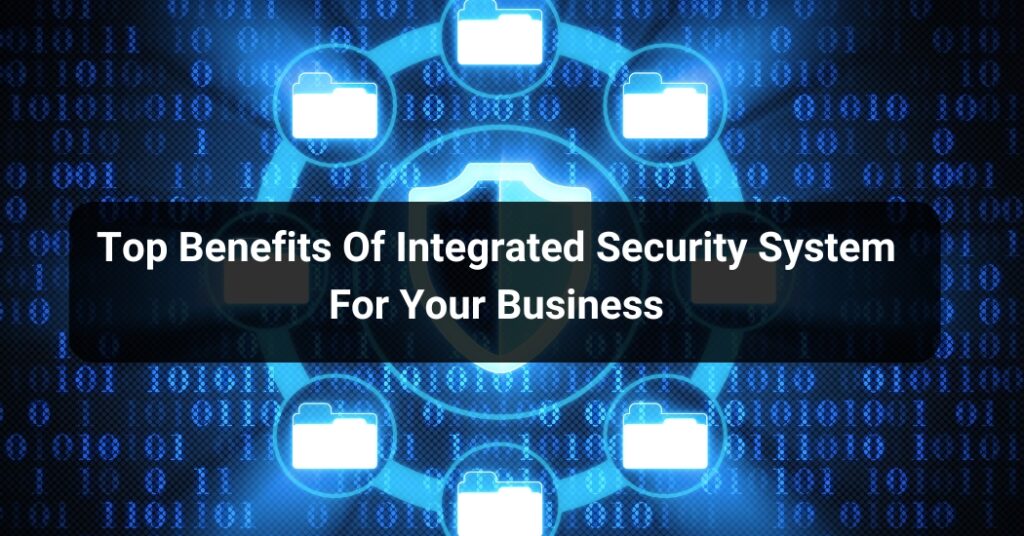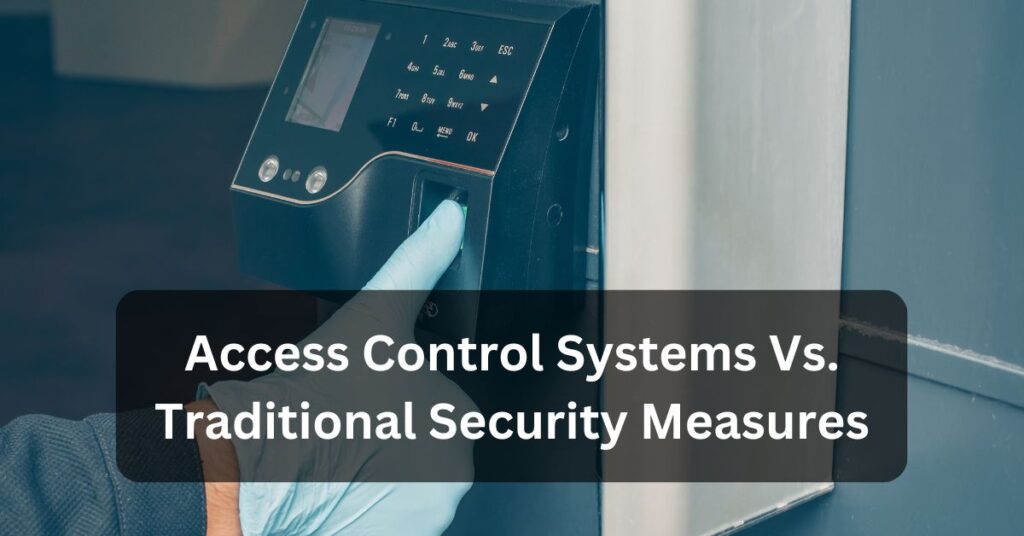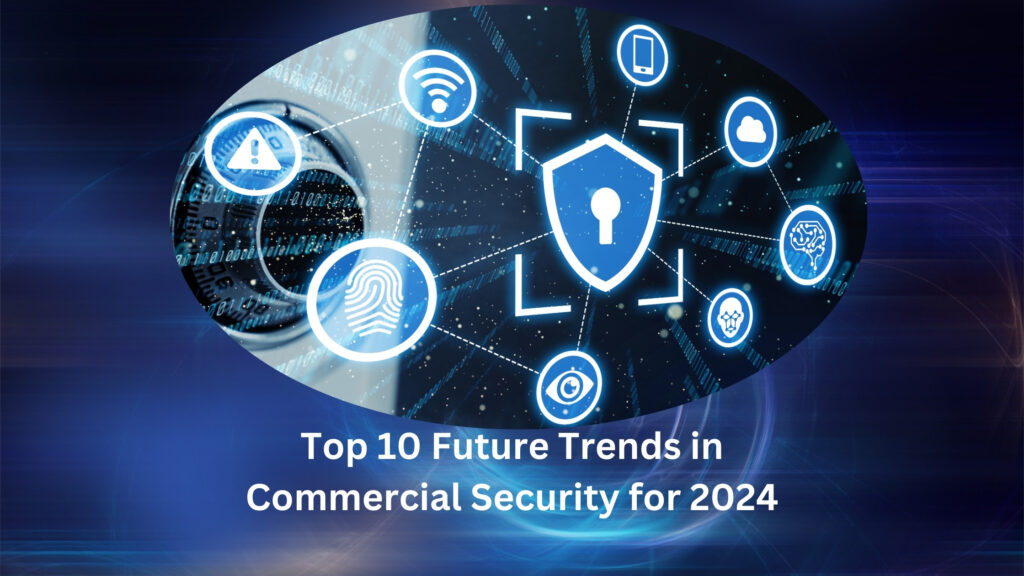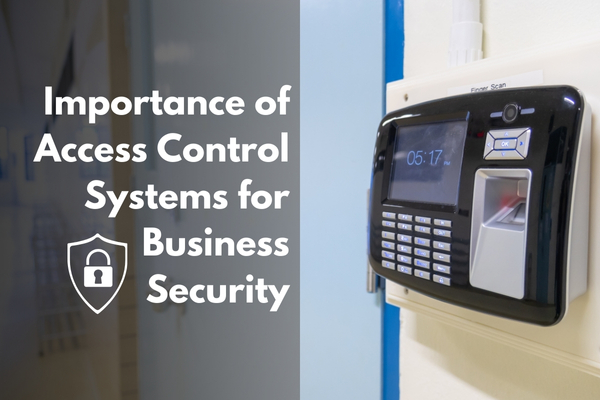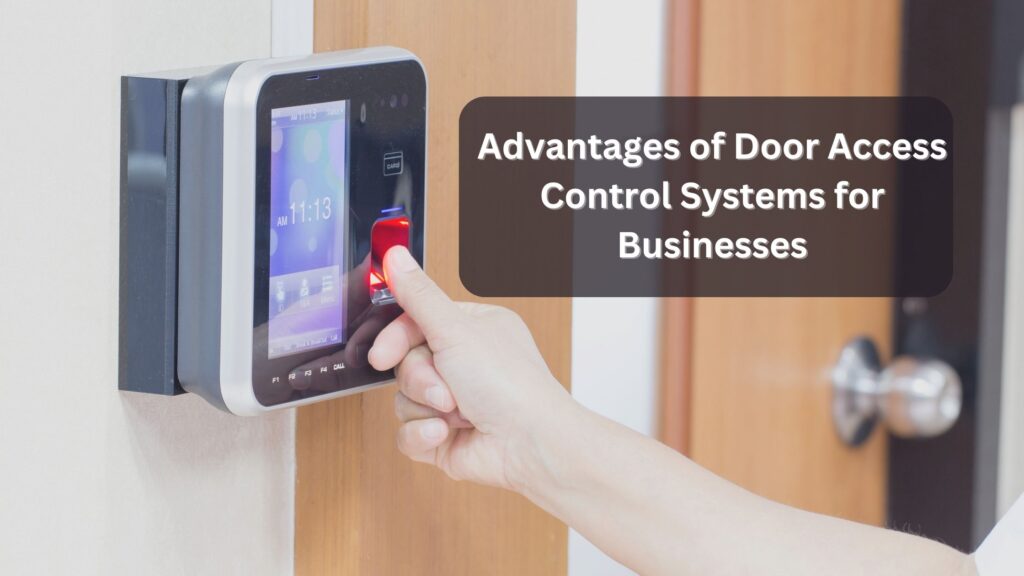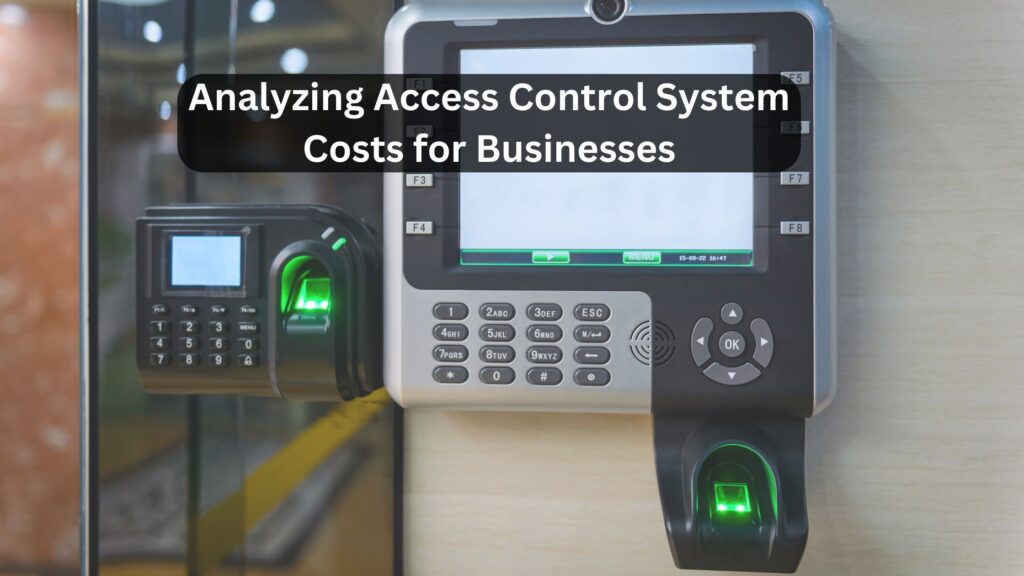Currently Empty: $0.00
How to Choose the Access Control System for Your Business?
In today’s rapidly evolving technological landscape, ensuring the security of physical spaces is of paramount importance. Access control systems play a crucial role in safeguarding buildings and sensitive areas, managing who can enter and exit, and tracking activities within a facility. With a myriad of options available in the market, selecting the best access control system for your specific needs can be a daunting task. This article aims to provide a comprehensive guide to help you navigate the decision-making process and choose the most suitable access control system for your requirements.
Contents
What is Access Control Systems?
Access Control Systems are security solutions designed for businesses and enterprises to regulate and monitor access to their premises. These systems utilize various technologies such as card readers, keypads, biometrics, or mobile credentials to manage entry and exit points. By restricting and controlling access, commercial access control systems enhance the overall security of the facility, protect sensitive information, and provide a safer environment for employees and assets.
Why is the access control system important?
An access control system is crucial for businesses and organizations due to its ability to enhance security, streamline operations, and provide a comprehensive approach to access management. In a commercial setting, where the flow of people is often higher and the stakes in terms of assets and information are greater, traditional locks and keys are no longer sufficient. Access control systems provide a sophisticated and customizable solution, allowing businesses to regulate and monitor entry points efficiently. This ensures that only authorized personnel can access designated areas, reducing the risk of theft, vandalism, or unauthorized access to sensitive information.
Moreover, commercial access control systems contribute to operational efficiency by offering features such as time-based access restrictions, user activity tracking, and integration with other security systems. These systems not only bolster security but also provide valuable insights into the movement of individuals within the premises. From managing employee access to tracking visitor entry, a commercial access control system becomes an indispensable tool for businesses seeking not only to protect their assets but also to optimize their overall security infrastructure and operational processes.
What are the three types of access control systems?
Discretionary Access Control (DAC):
DAC allows owners to set access permissions at their discretion. In this model, individuals have the authority to determine who can access their resources. It provides a decentralized approach to access control, offering flexibility but relying on the responsible decision-making of resource owners.
Mandatory Access Control (MAC):
MAC operates on a predefined set of rules and policies, typically implemented in high-security environments. Access decisions are based on labels or clearances, reducing the discretion of individual users and providing a more centralized control structure.
Role-Based Access Control (RBAC):
RBAC assigns access permissions based on an individual’s role within an organization. It streamlines administration by associating permissions with job functions, simplifying access management and reducing the complexity of individually assigning permissions to each user.
Factors To Consider When Selecting A commercial Access Control System
Security Requirements:
Assess the specific security needs of your commercial space. Consider factors such as the sensitivity of information or assets, the size of the facility, and the number of entry points. Choose a commercial access control system that aligns with the level of security required, whether it’s through biometric authentication, card access, QR-Enabled Access Control or other advanced technologies.
Scalability:
Anticipate the future growth and changes in your business. Select a commercial access control system that is scalable to accommodate additional users, entry points, or features. This ensures that your investment remains effective and adaptable over time, minimizing the need for significant overhauls as your business expands.
Integration Capabilities:
Opt for a system that seamlessly integrates with other security infrastructure, such as surveillance cameras, alarms, and monitoring systems. Integration enhances overall security management by providing a centralized platform for monitoring and responding to security events. A well-integrated system improves efficiency and responsiveness, contributing to a more comprehensive security strategy.
User-Friendly Interface:
Consider the ease of use for administrators and end-users. A user-friendly interface simplifies the management of access permissions, user onboarding, and troubleshooting. Look for a system with an intuitive interface that streamlines tasks such as adding or removing users, modifying access levels, and generating reports. This not only enhances operational efficiency but also reduces the likelihood of errors in access control administration.
Budget Considerations:
Establish a clear budget for your commercial access control system, encompassing initial costs, installation expenses, and ongoing maintenance fees. Compare the costs of different systems against their features and benefits to determine the most cost-effective solution for your business. Striking a balance between security requirements and budget constraints ensures that you make an informed decision that aligns with your financial resources.
In conclusion, selecting the right access control system is pivotal for safeguarding businesses. Understanding security needs, ensuring scalability, prioritizing integration capabilities, and considering user-friendly interfaces are essential factors in making an informed decision. Moreover, aligning the system with budget constraints ensures a cost-effective yet robust solution. Implementing a well-chosen commercial access control system not only enhances security but also streamlines operations, making it an indispensable asset in modern business environments. Choose wisely for a secure and efficient future.


